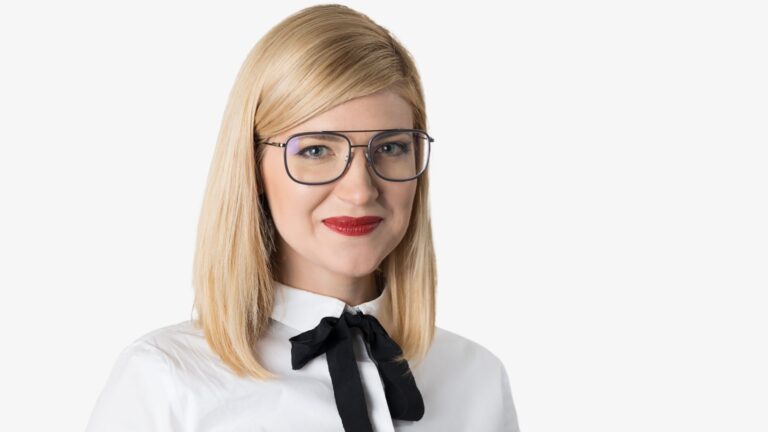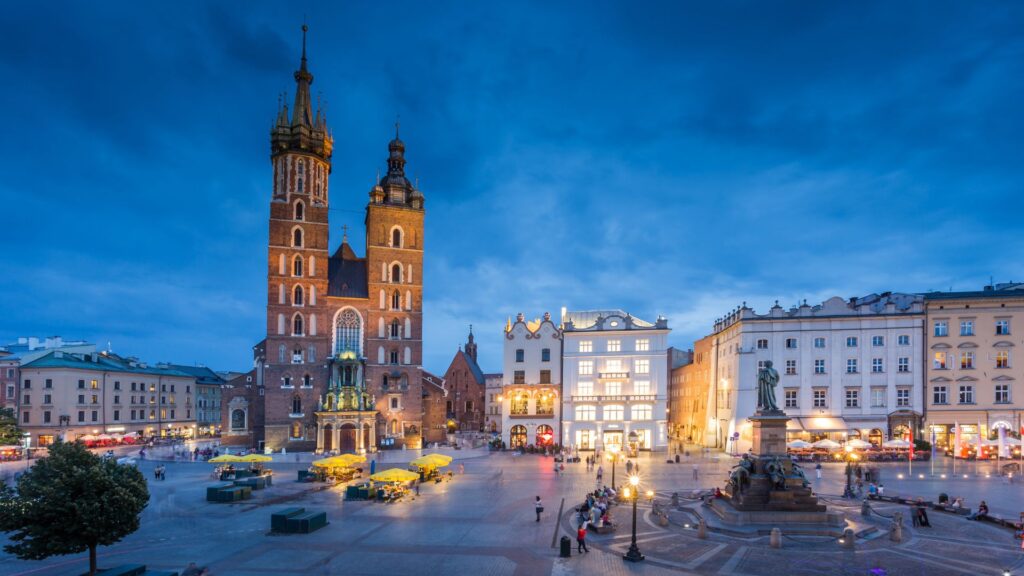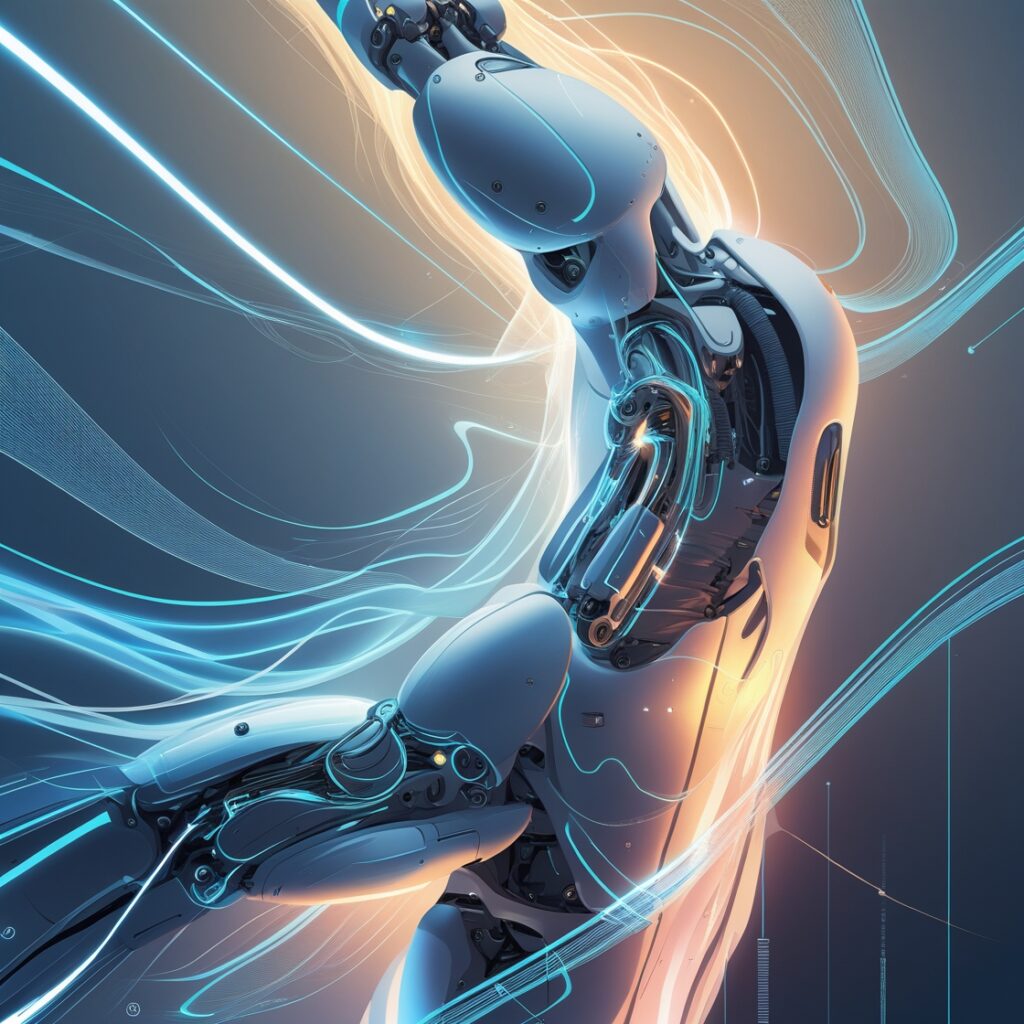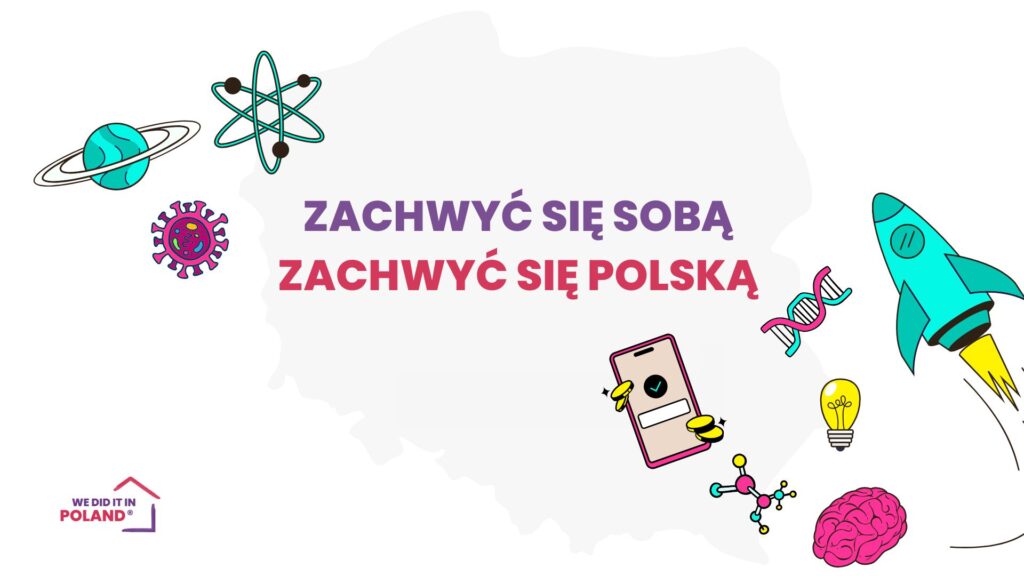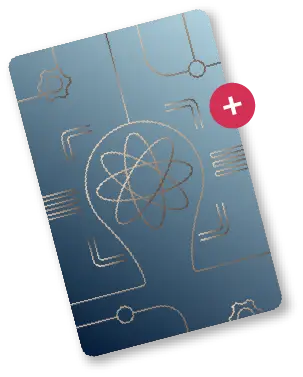Rebread is a Polish startup that proves that technology and responsibility can go hand in hand. The company specializes in transforming surplus bread into innovative products, supporting a closed-loop economy and reducing food waste. This solution addresses a pressing problem – as much as 5 million tons of bread are wasted every year in Europe alone! Rebread’s innovations are becoming a vital component of a resilient circular economy. The company is showing that surplus bread can be treated as a valuable resource rich in nutritional value.
Rebread not only solves the waste problem, but also creates valuable and sustainable products that change attitudes toward food and demonstrate the potential of upcycling in modern business.
Rebread is one of the innovative Polish companies we feature in our We Did It In Poland campaign. We invite you to read an interview with its creator!
What conviction did you have to overcome within yourself to create something truly innovative?
Katarzyna Mlynarczyk, Rebread: It was crucial for me to reformulate the definition of failure. In our culture, especially in business, there is a deeply ingrained belief that failure is the end – something that disqualifies you and puts a stamp on you. This belief is a huge blocker to innovation. Because innovation by its nature requires entering unknown territory, where risk is inherent.
I had to consciously break this thought pattern and start seeing failure not as a judgment, but as the most valuable source of data. It’s not a loss, but a lesson. Every stumble, every project that didn’t go according to plan – and I have several of them – hurt and still hurt to this day. But at the same time, it’s invaluable feedback that identifies what I still need to learn, where I should strengthen my competence, and what I should perhaps let go of altogether. Also having a sense of responsibility and trying to find solution options (sometimes taking a very difficult path).
Understanding this allowed me to make bolder decisions and treat each experiment as a step forward, regardless of the final outcome.
So I understand that this approach has allowed you to tame failures. What about success in this case – does it paralyze, drive you?
For me, both failure and success are not emotional endpoints, but rather feedback in the process. Failure says: “try differently, change your approach, list other options.” Success, on the other hand, says: “this hypothesis worked, go further in this direction.”
Both are equally important and neither of them paralyzes me. They are simply the next steps on the path of learning.
Was there a moment when you thought: “It won’t work”? What did you do then?
Of course, such moments happen regularly. I think they are a natural part of any creative and entrepreneurial path. When the thought
My Gallup talent – Fixing – makes me diagnose the problem immediately: what exactly is not working? Where is the weak spot? What can I do to fix it? The second talent, Input, pushes me to seek information – I start reading extensively, talking to people, looking for data that can shed new light on the problem. And Empathy allows me to understand the perspective of others – customers, partners, the team – and verify that my solution definitely meets their real needs.
Which skills – those “unmeasurable” – have proven to be the most important in building the company?
By far, the three that I consider absolutely key are empathy, the instinct to fix and the hunger to believe.
Empathy not as superficial sympathy, but a deep ability to step into the shoes of the other person – customer, user, co-worker. It’s what allows you to identify the real, often unspoken problem and design a solution that makes sense. Without empathy, we create things for ourselves, not for the world.
The instinct to fix, on the other hand, is to constantly strive to improve and solve problems. Where others see chaos or an insurmountable obstacle, I see a system that can be optimized. This ability allows me to turn challenges into opportunities and not give up when difficulties arise.
The need to constantly gather information, data, and inspiration fuels my curiosity about the world and ensures that the decisions we make at Rebread or other organizations I support are based on solid foundations – on research, analysis, and contextual understanding, rather than on hunches alone. It also drives my personal development.
If you were to create a “survival manual for female innovators” – what would you put first in it?
I would put one key phrase first: “Treat failure as data, not as an assessment of your worth.” And look for the real problem you are solving.
Everything else is a derivative of this approach. If you stop being afraid of failure, you will start taking risks. If you start taking risks, you will start learning at an incredible rate. And if you learn, you will create something of real value. This mental reformulation is the absolute basis for survival and growth in the world of innovation, which by definition is about exploring the unknown.
And what’s one thing you should absolutely ignore when building something groundbreaking?
Absolutely ignore the expectation that everyone will immediately understand and support your vision. By creating something groundbreaking, you are, by definition, ahead of the status quo. Your ideas may seem strange, unrealistic or unnecessary to those accustomed to current solutions.
Wanting to please everyone and seeking universal acceptance early on is the fastest way to dilute an idea and lose its innovative potential. You need to trust your research, data, empathy and intuition, and treat criticism and skepticism not as a signal to stop, but as an invitation to refine your communication and values even better.
Imagine that you have no constraints – budget, technology, time – and can execute one crazy project. What would it be?
If I had no restrictions, I would create a place, set in nature – perhaps in a revitalized historic complex, like an old mill or farmhouse – where change leaders from around the world would meet. The project would combine everything I love: history and reparation, nature and experience, interculturalism and impark, support and enablement.
We would draw on forgotten, historical craft and agricultural techniques, adapting them to solve contemporary problems, such as sustainable food or the circular economy. In turn, education would be based on real, tangible projects and work with the land, rather than theory. Participants would create self-sustaining ecosystems, learning by doing.
The academy would be a melting pot of cultures and perspectives, where leaders from different backgrounds – from technology to social activism – would work together on real-world challenges to create solutions with global potential. The main goal would not just be to create projects, but first and foremost to empower and equip leaders with the tools, mental resilience and networks to go back to their communities and make positive change more effectively.
It would be a place where we fix not only systems, but also our relationship with nature, history and each other. And importantly, we would be looking, scrambling to find the sources of problems and opportunities for real, viable change/innovation.

